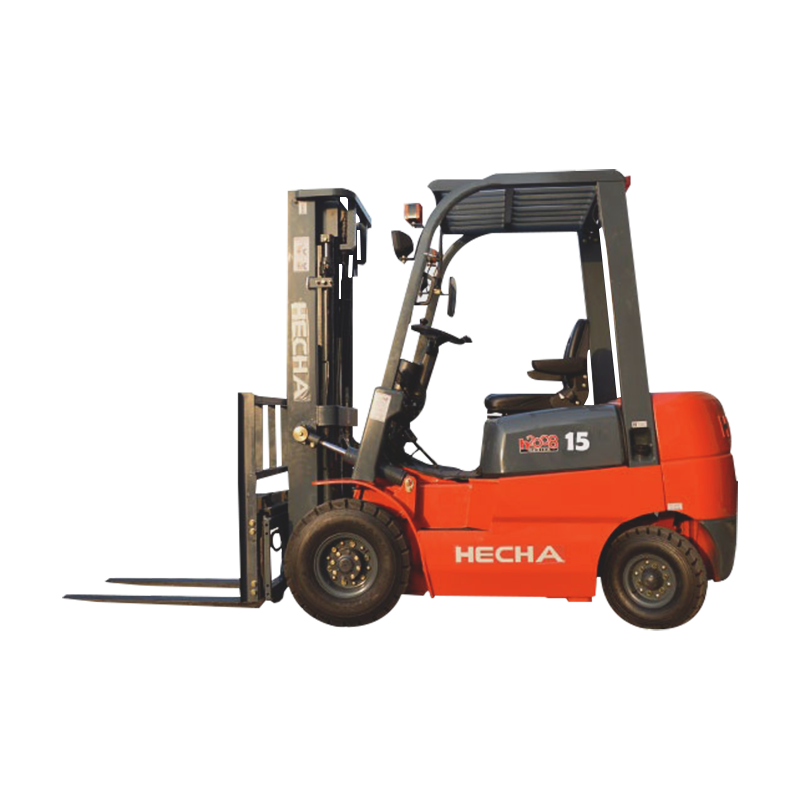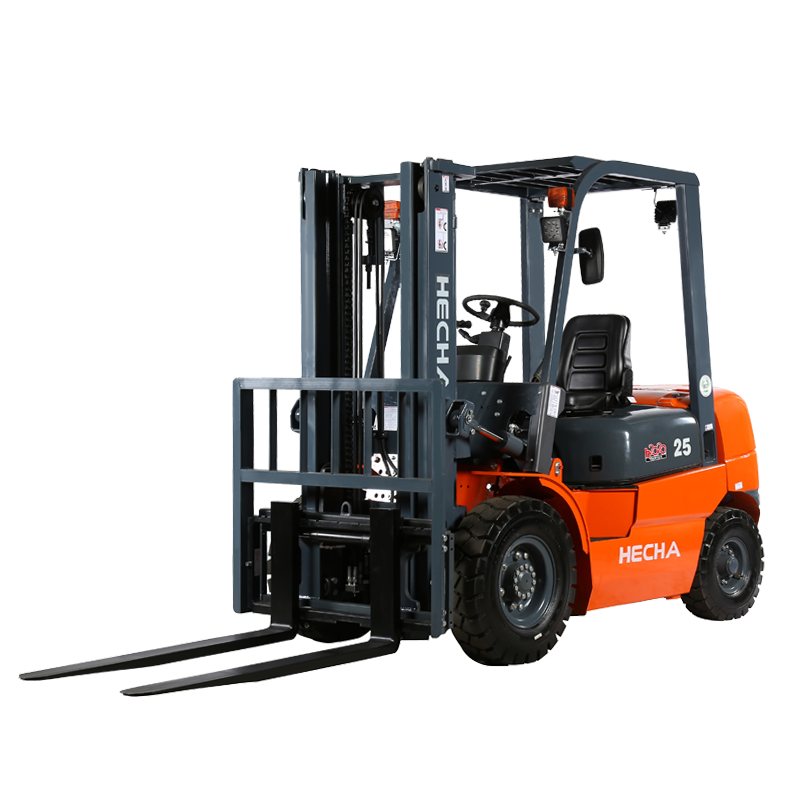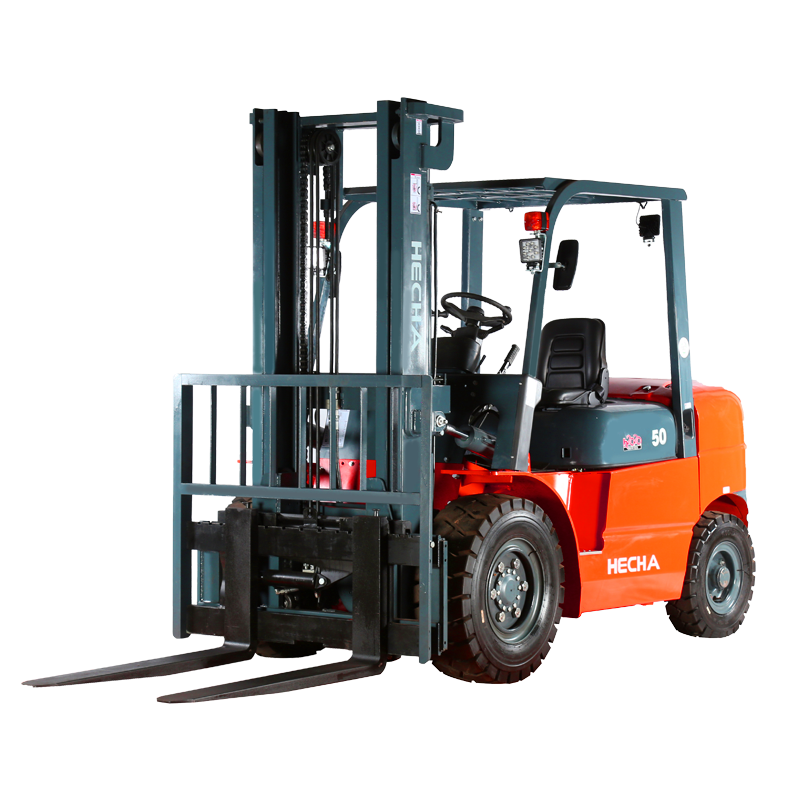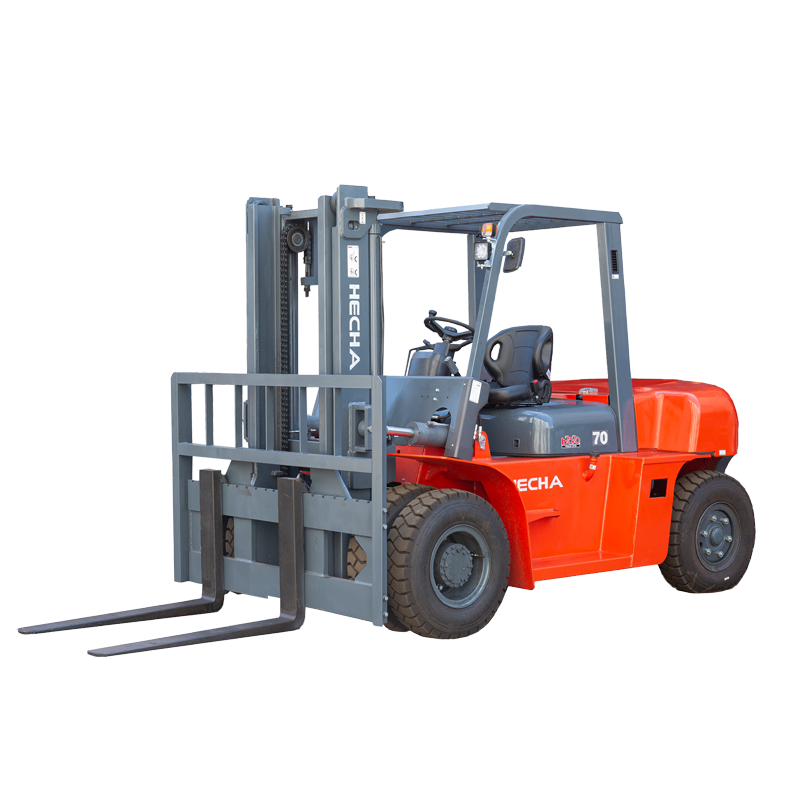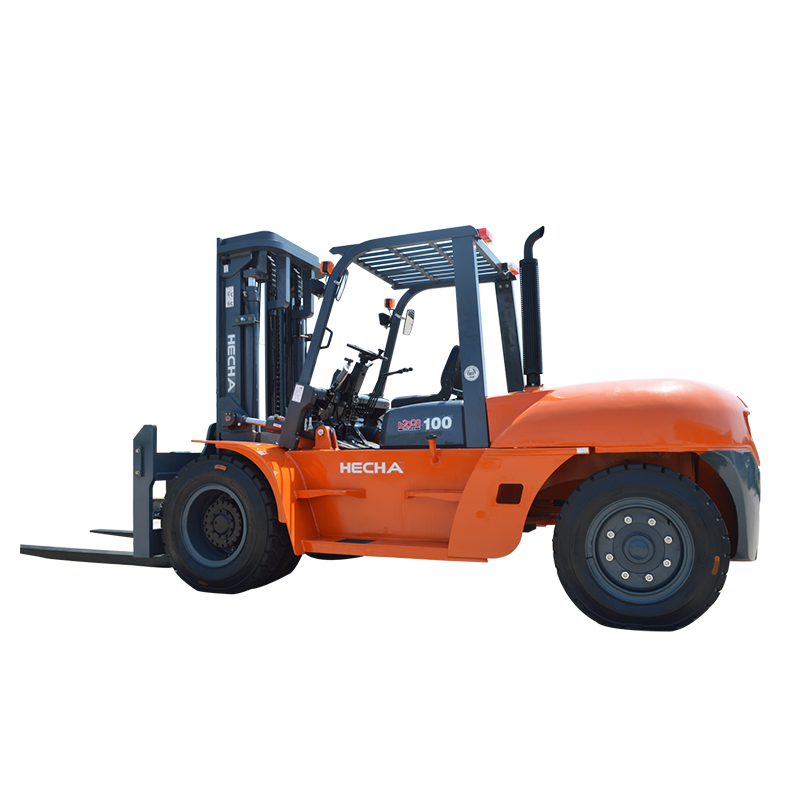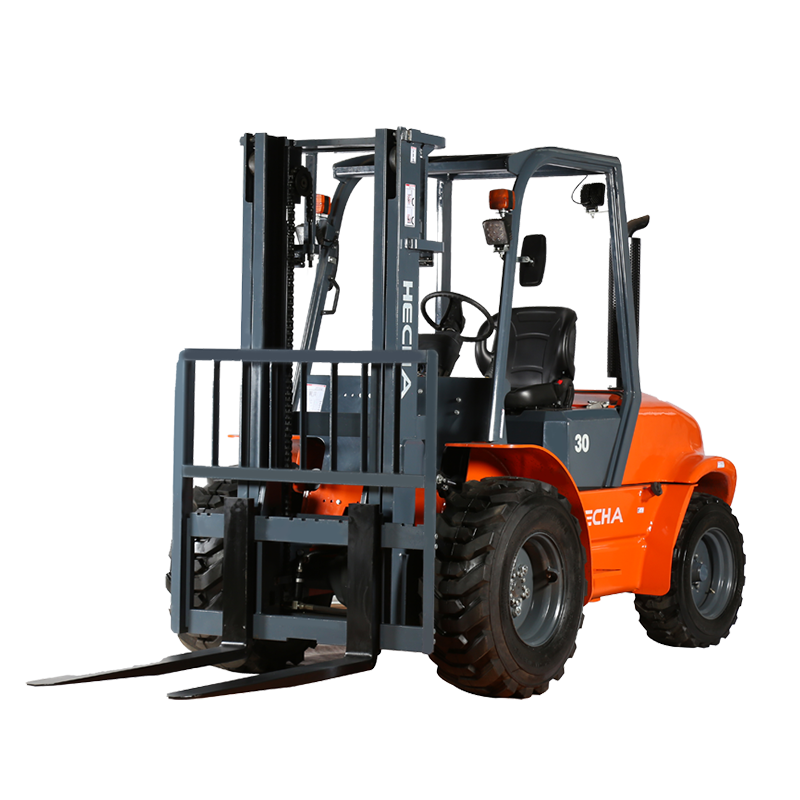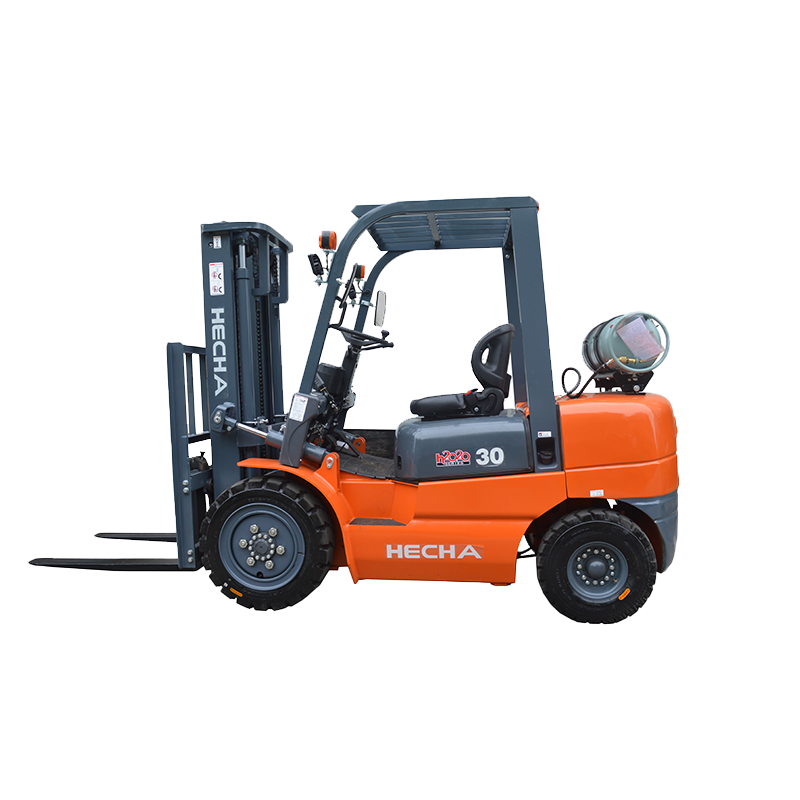1. Energy efficiency and cost savings of electric forklifts
Electric forklift uses electricity as its power source. This feature fundamentally determines that its energy utilization efficiency is much higher than that of traditional internal combustion forklifts. Internal combustion forklifts rely on fuel combustion to generate power. The process not only has low energy conversion efficiency, but also generates a large amount of heat energy loss. In contrast, electric forklifts directly convert electrical energy into mechanical energy through electric motors, which significantly improves energy conversion efficiency and reduces unnecessary energy waste.
Electric forklifts are also relatively inexpensive to operate. On the one hand, the cost of electricity is usually lower than that of fuel, especially in areas where electricity prices fluctuate less and the proportion of renewable energy is higher, the operating cost advantage of electric forklifts is more obvious. On the other hand, electric forklifts also have lower maintenance costs. Since electric forklifts do not have complex fuel systems and emission systems, they have relatively fewer parts and a lower failure rate, which reduces the frequency of repairs and parts replacements, further saving the company's operating costs.
2. Diversity and sustainability of electricity sources
Another major advantage of electric forklifts is the diversity and sustainability of their power sources. With the rapid development of renewable energy technology around the world, clean energy such as solar energy and wind energy are gradually replacing fossil fuels and becoming an important part of electricity supply. This means that the electricity used by electric forklifts can increasingly come from these renewable energy sources, thus achieving sustainable use of energy.
In practical applications, many companies have begun to install solar panels on the roof of warehouses to use solar energy to charge electric forklifts. This approach not only reduces dependence on traditional power grids and lowers electricity bills, but also establishes a green and environmentally friendly corporate image for the company. Some advanced electric forklifts are also equipped with energy recovery systems, which can recover energy when the forklift brakes or goes downhill, further improving energy efficiency.
III. Resource Conservation and Circular Economy
Electric forklifts also excel in resource conservation. Since electric forklifts have relatively few parts and a relatively simple structure, the raw materials and resources required in their manufacturing process are also reduced accordingly. The components of electric forklifts are easier to disassemble and recycle, which helps to achieve the recycling of resources and reduce the exploitation and consumption of natural resources.
Under the guidance of the circular economy concept, many companies have begun to explore ways to reuse and remanufacture electric forklifts. Extend the service life of old electric forklifts by refurbishing and upgrading them; or dismantle and recycle the parts of scrapped electric forklifts to manufacture new forklifts or other products. This practice not only reduces waste emissions, but also creates additional economic value for the company.
4. Policy support and green logistics trends
The advantages of electric forklifts in resource conservation and energy sustainability have also been actively supported by government policies. In order to promote the development of green logistics, many countries and regions have introduced relevant policies to encourage enterprises to use low-carbon and environmentally friendly material handling equipment such as electric forklifts. Provide incentives such as vehicle purchase subsidies, tax incentives, and free charging facilities to reduce the cost for companies to purchase and use electric forklifts.
As consumers' awareness of environmental protection increases, green logistics has become an important part of corporate competition. More and more companies are beginning to pay attention to carbon emissions and environmental pollution in the logistics process, and are actively seeking ways to reduce carbon emissions and improve energy efficiency. As an important part of green logistics, electric forklifts are gradually becoming the preferred material handling equipment for these companies.
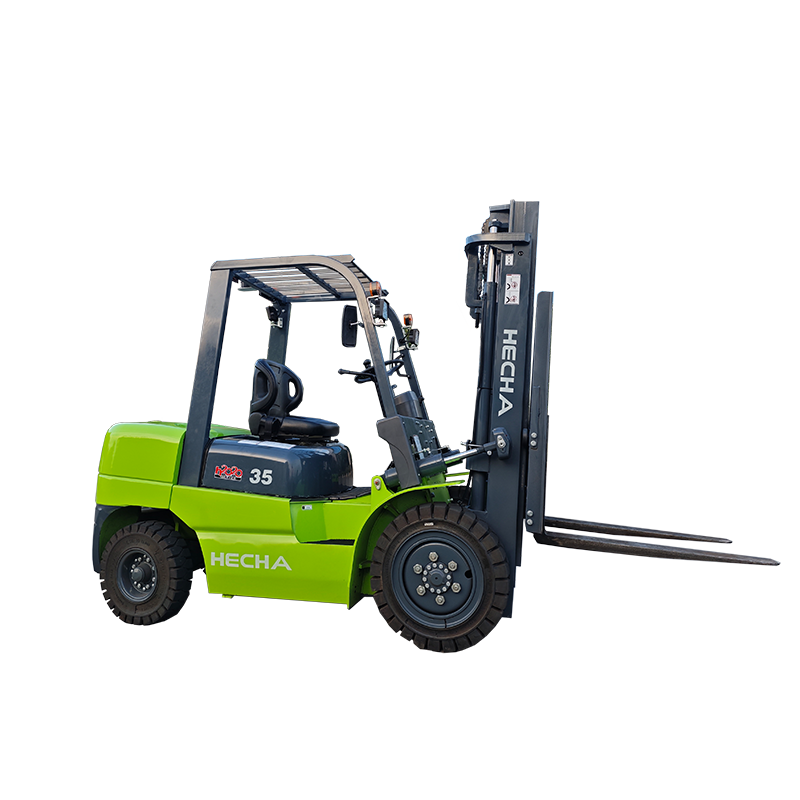

 English
English 中文简体
中文简体 русский
русский Français
Français Español
Español

